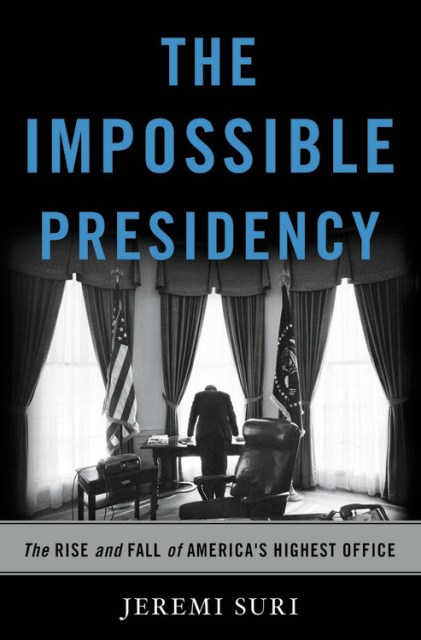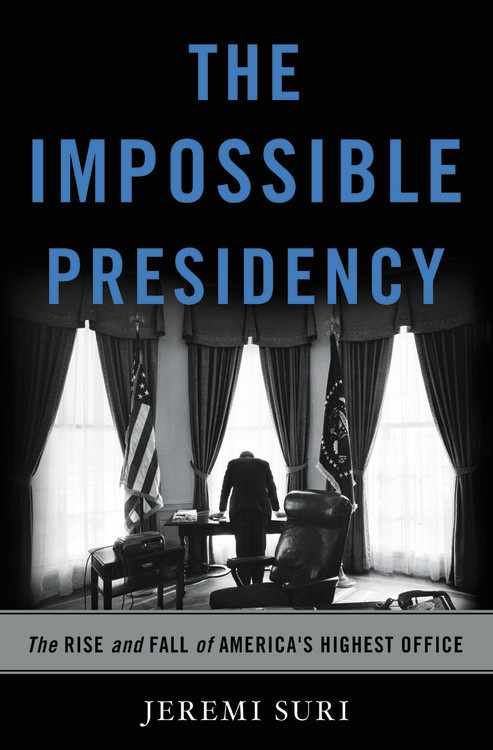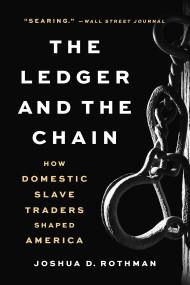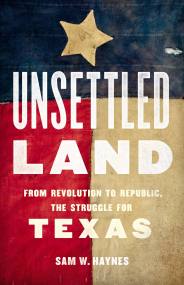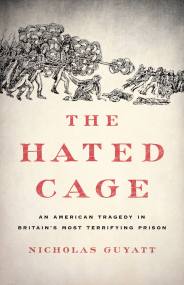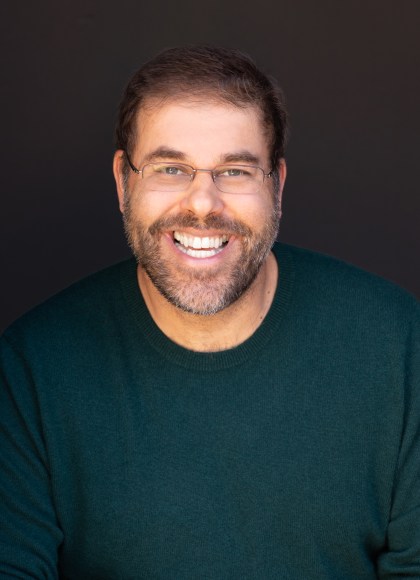Promotion
Use code MOM24 for 20% off site wide + free shipping over $45
The Impossible Presidency
The Rise and Fall of America's Highest Office
Contributors
By Jeremi Suri
Formats and Prices
Price
$40.00Price
$50.00 CADFormat
Format:
- Hardcover $40.00 $50.00 CAD
- ebook $19.99 $25.99 CAD
This item is a preorder. Your payment method will be charged immediately, and the product is expected to ship on or around September 12, 2017. This date is subject to change due to shipping delays beyond our control.
Also available from:
In The Impossible Presidency, celebrated historian Jeremi Suri charts the rise and fall of the American presidency, from the limited role envisaged by the Founding Fathers to its current status as the most powerful job in the world. He argues that the presidency is a victim of its own success-the vastness of the job makes it almost impossible to fulfill the expectations placed upon it. As managers of the world’s largest economy and military, contemporary presidents must react to a truly globalized world in a twenty-four-hour news cycle. There is little room left for bold vision.
Suri traces America’s disenchantment with our recent presidents to the inevitable mismatch between presidential promises and the structural limitations of the office. A masterful reassessment of presidential history, this book is essential reading for anyone trying to understand America’s fraught political climate.
Genre:
- On Sale
- Sep 12, 2017
- Page Count
- 368 pages
- Publisher
- Basic Books
- ISBN-13
- 9780465051731
Newsletter Signup
By clicking ‘Sign Up,’ I acknowledge that I have read and agree to Hachette Book Group’s Privacy Policy and Terms of Use
